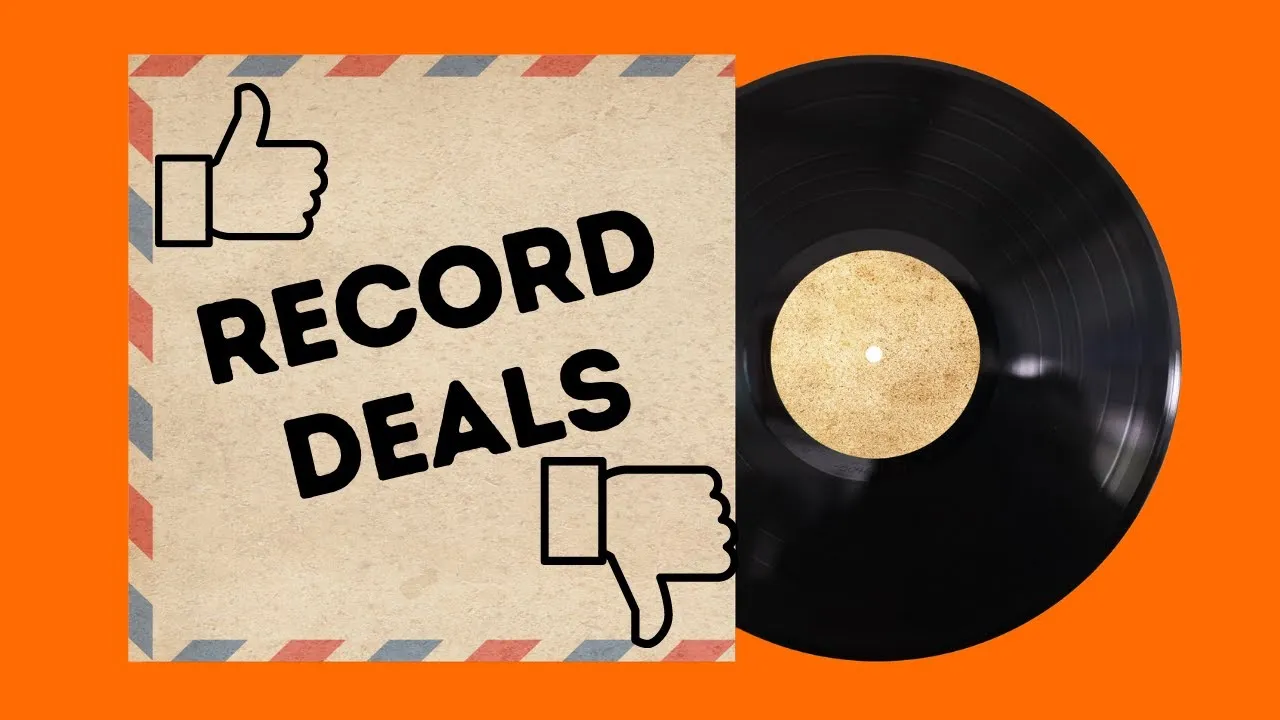
The Dark Side of the Industry: How Music Labels Still Exploit Artists in the Digital Age
The music industry loves to sell the dream. To the aspiring artist grinding in their bedroom studio, a record deal still feels like the golden ticket—the validation, the budget, the chance to go from obscurity to stardom overnight. But the truth is, for many artists, signing with a major label is more like stepping into a well-dressed trap. The industry has evolved, streaming has changed the game, and yet, one thing remains the same: labels are still exploiting artists. They’ve just found new ways to do it.
Back in the day, record labels made their money by selling physical albums, and artists got a cut—usually a small one. But at least there was a clear transaction. Now, with streaming dominating the market, revenue has become murkier than ever. Platforms like Spotify and Apple Music pay fractions of a cent per stream, making it nearly impossible for artists to survive off streaming revenue alone. Labels, however, are still eating—cutting deals with streaming platforms, cashing in on backroom licensing agreements, and taking ownership of an artist’s masters, publishing, and even merchandising under 360 deals that turn musicians into walking, talking investments.
And then there’s the infamous advance. It sounds like free money—a six or seven-figure check just for signing your name. But what they don’t tell you is that it’s not a gift; it’s a loan. The label expects you to pay it back through your royalties, and if your music doesn’t perform well enough, you’re stuck in a contract, unable to release music on your own terms, with a debt you might never be able to clear. Labels bet on artists the same way casinos bet on gamblers—they don’t care if you win or lose, as long as the house always wins.
This is why so many artists are fighting to stay independent. Chance the Rapper, Russ, and Nipsey Hussle proved that owning your music is more powerful than any industry co-sign. The internet has leveled the playing field—unsigned artists can build fanbases, distribute music, and make money without giving away their rights. But labels are watching. They’re signing artists based on viral TikTok moments, turning musicians into short-term investments, and if the hype dies down, so does the label’s interest. They don’t care about artist development anymore; they care about content—something quick, something consumable, something that keeps them in control.
The truth is, the industry is still a machine, and artists are still its fuel. The major label system only works for artists who understand how to leverage it—those who go in with power, keep ownership, and use the label’s reach without falling into its traps. For the rest, it’s just a modernized version of the same old exploitation—polished up, repackaged, and ready to sign away your future if you’re not paying attention.
So to every unsigned artist out there: own your masters, read the contracts, and remember—you don’t need the industry as much as it needs you.








